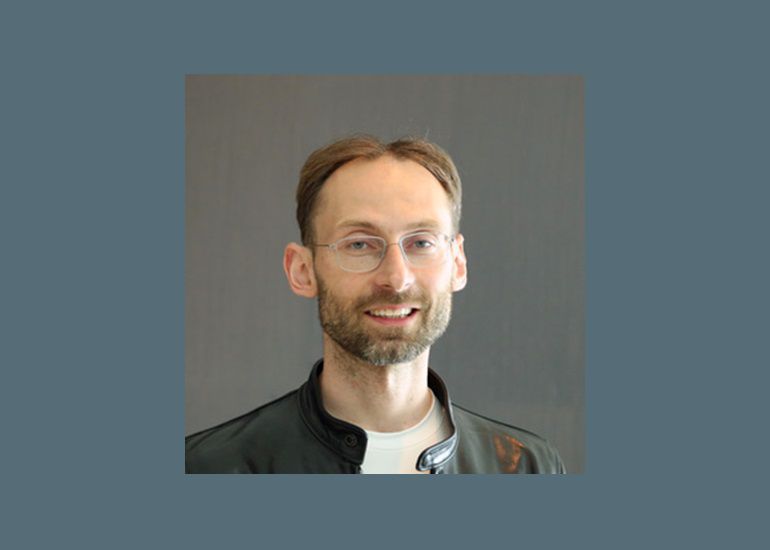CAIML Seminar: “Physics-Inspired Learning on Graphs”
Michael Bronstein talks about GNNs from a different viewpoint that gives new insights and links to methods from differential geometry, algebraic topology, and physics.

October 24th 2024
- 15:30 – 17:00 CEST
- TU Wien, Campus Gußhausstraße, EI8 Pötzl Hörsaal
-
1040 Vienna, Gußhausstraße 27-29
Block CD, Ground Floor, Room CDEG08
CAIML Seminar with Michael Bronstein will take place on October 24, 2024 and start at 15:30.
Abstract
Message passing has become the predominant paradigm of learning on graphs, underlying the majority of Graph Neural Network (GNN) architectures and allowing to theoretically analyse their expressive power due to the relation to the Wesifeiler-Lehman graph isomorphism test. In this talk, I will consider GNNs as dynamical systems governed by parametric systems of differential equations. This viewpoint will yield insights into some of the common plights of GNNs and suggest ways to dealing with them, as well as provide links to methods from differential geometry, algebraic topology, and physics.
About the Speaker
Michael Bronstein is the DeepMind Professor of AI at the University of Oxford. He was previously Head of Graph Learning Research at Twitter, a professor at Imperial College London and held visiting appointments at Stanford, MIT, and Harvard. He has been affiliated with three Institutes for Advanced Study (at TUM as a Rudolf Diesel Fellow (2017-2019), at Harvard as a Radcliffe fellow (2017-2018), and at Princeton as a short-time scholar (2020)). Michael received his PhD from the Technion in 2007. He is the recipient of the EPSRC Turing AI World Leading Research Fellowship, Royal Society Wolfson Research Merit Award, Royal Academy of Engineering Silver Medal, five ERC grants, two Google Faculty Research Awards, and two Amazon AWS ML Research Awards. He is a Member of the Academia Europaea, Fellow of IEEE, IAPR, BCS, and ELLIS, ACM Distinguished Speaker, and World Economic Forum Young Scientist. In addition to his academic career, Michael is a serial entrepreneur and founder of multiple startup companies, including Novafora, Invision (acquired by Intel in 2012), Videocites, and Fabula AI (acquired by Twitter in 2019).

